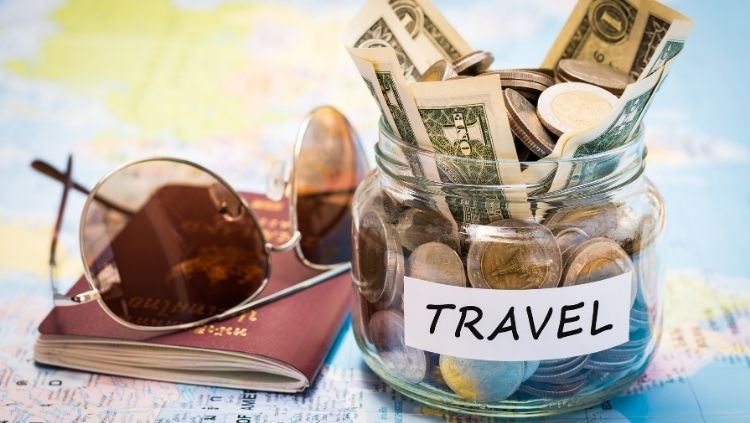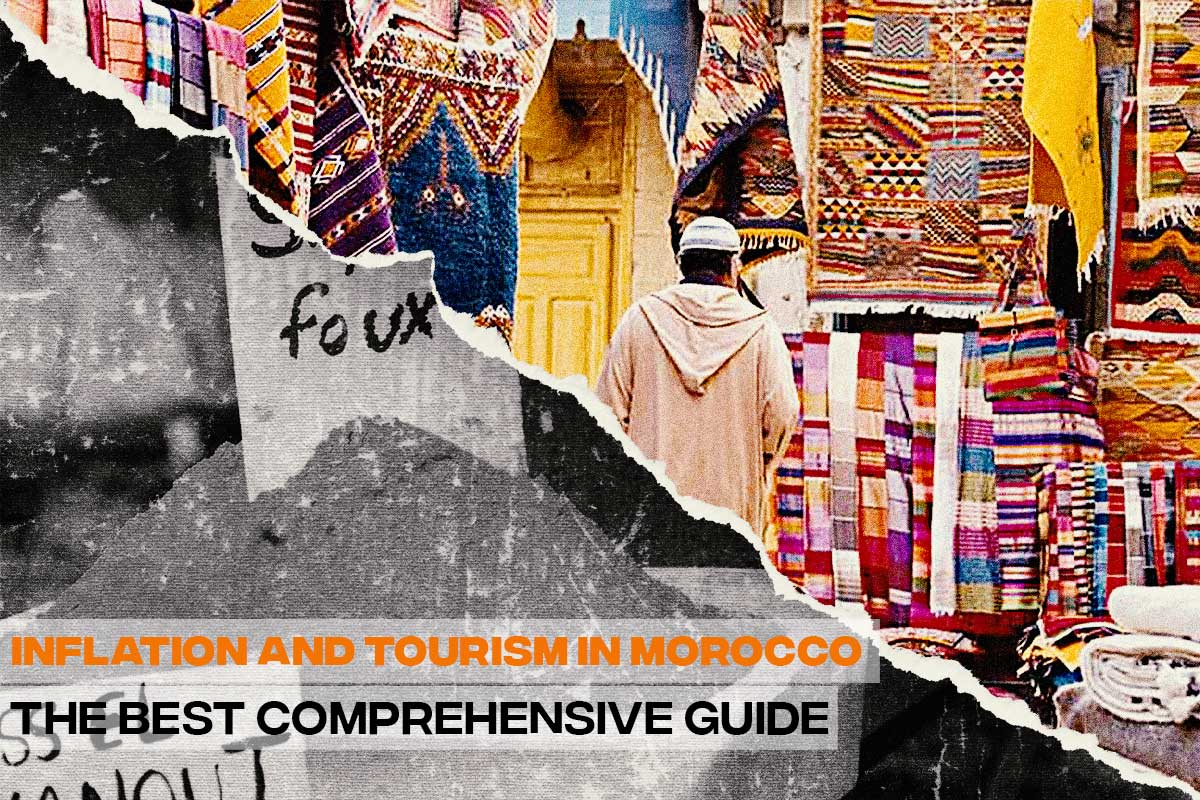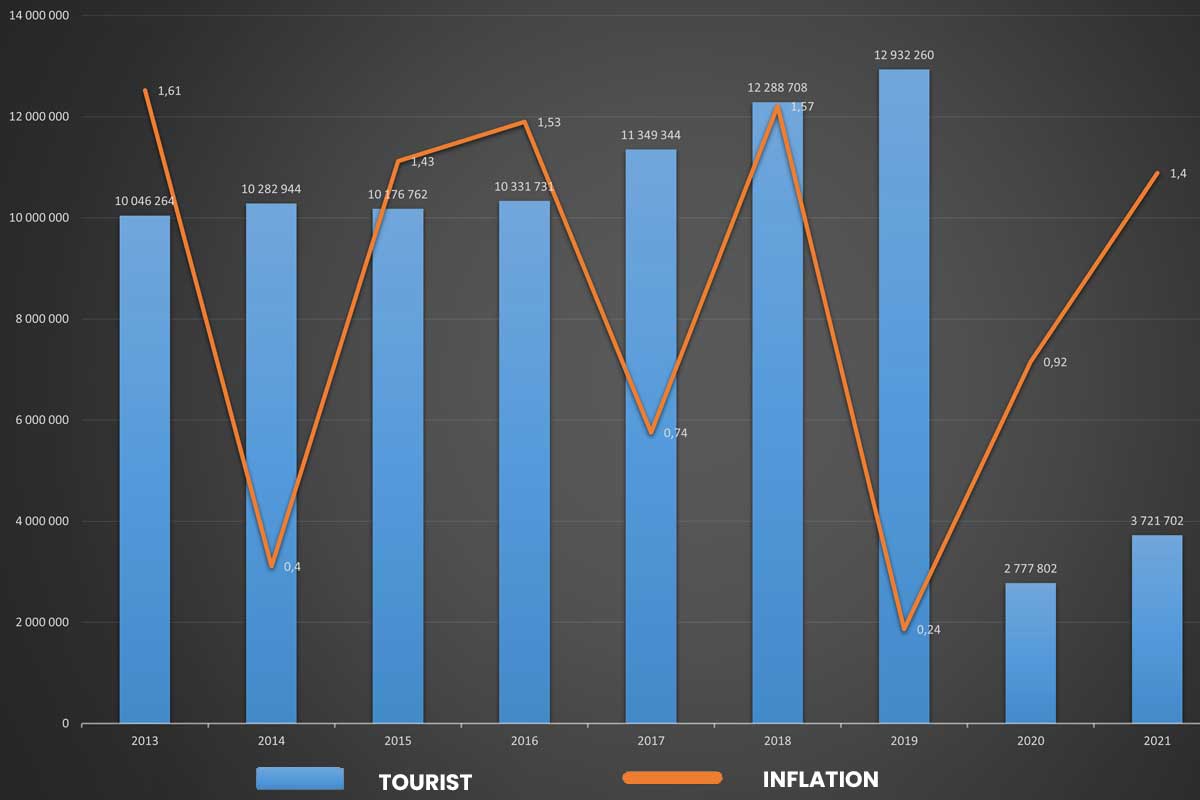Navigating Morocco: The Impact of Inflation on Tourism
Table of Contents
- Introduction
- Understanding Inflation
- The Dance Between Inflation and Tourism
- Inflation and Travel Plans
- Case Study: Inflation and Tourism in Morocco
- Strategies for Tourism Stakeholders
- Conclusion: Navigating Morocco Amidst Inflation
Introduction
Morocco, with its rich cultural tapestry and breathtaking landscapes, has long been a favored destination for travelers. However, as we embark on a journey to explore the fascinating interplay between inflation and tourism in Morocco, it's crucial to grasp the economic dynamics shaping this North African gem.
Understanding Inflation
What is Inflation?
Inflation, in simple terms, refers to the general increase in prices over time. In Morocco, as in many other countries, this economic phenomenon impacts the cost of goods and services, creating a ripple effect that touches various aspects of daily life. Prices go up, and the purchasing power of the currency diminishes.
How Does Inflation Work in Morocco?
Morocco's economic landscape is diverse, with sectors like agriculture, tourism, and manufacturing contributing significantly. Factors such as increased demand for goods and services, rising production costs, and external economic pressures can trigger inflation. The Moroccan government employs various measures to manage inflation, but its effects on the tourism sector remain a subject of exploration.
The Dance Between Inflation and Tourism
Positive Impact of Inflation on Tourism
-
Economic Growth: Inflation can, paradoxically, stimulate economic growth. Increased government revenue from inflation can lead to investments in tourism infrastructure, creating a more attractive destination for visitors.
-
Hospitality Industry Boost: As the economy expands, the hospitality industry often experiences positive changes. New hotels, improved services, and enhanced experiences become part of the tourism landscape.
Negative Impact of Inflation on Tourism
-
Escalating Travel Costs: One of the most immediate impacts of inflation on tourism is the rise in travel costs. Flights, accommodation, and daily expenses become more expensive, potentially deterring budget-conscious travelers.
-
Uncertainty Aversion: Economic uncertainty resulting from inflation may lead to a decline in tourism. Travelers might opt for destinations perceived as more stable, impacting Morocco's tourism numbers.
Inflation and Travel Plans

Budgeting Tips for Travelers
Planning a trip to Morocco during inflationary periods requires thoughtful budgeting. Here are some practical tips:
- Research Exchange Rates: Stay updated on currency exchange rates to maximize your budget.
- Explore Alternative Accommodations: Consider guesthouses or local rentals for cost-effective stays.
- Dine Strategically: Opt for local eateries to experience culture and save on food expenses.
Trend Analysis: How Inflation Influences Tourism Trends
Understanding how inflation influences tourism trends is key to informed travel planning:
- Off-Peak Travel: During inflation, consider traveling during off-peak seasons for better deals.
- Emerging Destinations: Explore less-touristed areas to avoid inflated prices in popular tourist hubs.
- Flexible Booking: Look for flexible booking options to adapt to changing circumstances.
Case Study: Inflation and Tourism in Morocco
Historical Trends
Exploring past instances of inflation in Morocco reveals insights into its impact on tourism. Historical data demonstrates...
Current Scenario
In the current economic landscape, inflation's influence on tourism in Morocco is palpable. Industry experts note...
Abdelatif Jouahri: The Moroccan economy shows signs of improvement after a challenging year in 2022. The consequences of the conflict in Ukraine, combined with a severe drought, created significant difficulties for us. However, recent data suggests an uptick. Notwithstanding considerable efforts by the government to support businesses, households and social programs, fiscal deficit and national debt remain manageable. The kingdom continues to perform well on its external balance thanks to phosphate exports, international tourism and robust remittance inflows from Moroccans abroad.
Strategies for Tourism Stakeholders
Government Initiatives
The Moroccan government actively addresses the impact of inflation on tourism through strategic initiatives:
- Investment in Infrastructure: Ongoing projects to enhance tourism infrastructure and maintain competitiveness.
- Economic Diversification: Initiatives aimed at diversifying the economy to reduce reliance on tourism during inflationary periods.
Industry Response
How businesses in the tourism sector respond to inflation is crucial for sustainability:
- Innovations in Pricing Models: Adaptive pricing strategies to remain competitive.
- Collaboration for Resilience: Industry-wide collaborations to navigate economic challenges.
Conclusion: Navigating Morocco Amidst Inflation
As we conclude this exploration of the impact of inflation on tourism in Morocco, it's evident that the relationship between economic factors and travel is complex. Armed with insights into both the positive and negative impacts, travelers and industry stakeholders alike can navigate the dynamic landscape of Morocco with informed strategies.
In a world where economic fluctuations are inevitable, understanding the nuances of inflation and its effects on tourism empowers us to make wiser travel choices.
Safe travels in the realm of Morocco, where history, culture, and the economy converge to create a unique tapestry for explorers.
Frequently Asked Questions (FAQs)
Inflation can lead to increased prices across various sectors, impacting the cost of flights, accommodation, and daily expenses for travelers in Morocco. This rise in costs can potentially affect the overall budget for a trip.
Yes, inflation can stimulate economic growth, leading to increased government revenue. This, in turn, may result in investments in tourism infrastructure, making Morocco a more attractive destination for travelers.
- Monitor Currency Exchange Rates: Keep an eye on currency exchange rates to make the most of your budget.
- Explore Off-Peak Travel: Consider traveling during off-peak seasons for better deals.
- Dine Locally: Opt for local eateries to experience culture and save on food expenses.
Inflation can bring positive changes to the hospitality industry, with increased economic activity leading to the development of new hotels, improved services, and enhanced tourist experiences.
- Investment in Infrastructure: The Moroccan government is actively investing in tourism-related infrastructure projects.
- Economic Diversification: Initiatives are underway to diversify the economy, reducing dependence on tourism during inflationary periods.
- Adaptive Pricing Strategies: Businesses may innovate their pricing models to remain competitive.
- Collaboration: Industry-wide collaborations are common to navigate economic challenges collectively.
Yes, historical data indicates that periods of inflation in Morocco have influenced tourism trends.
- Industry Reports: Stay updated on industry reports and analyses.
- Expert Opinions: Follow insights from industry experts to understand real-time perspectives.
Yes, opting for flexible booking options allows travelers to adapt their plans based on changing circumstances, providing a degree of financial security.
Traveling during off-peak seasons can often result in better deals and lower costs, offering a practical strategy to navigate the impact of inflation on travel budgets.




0 Comment